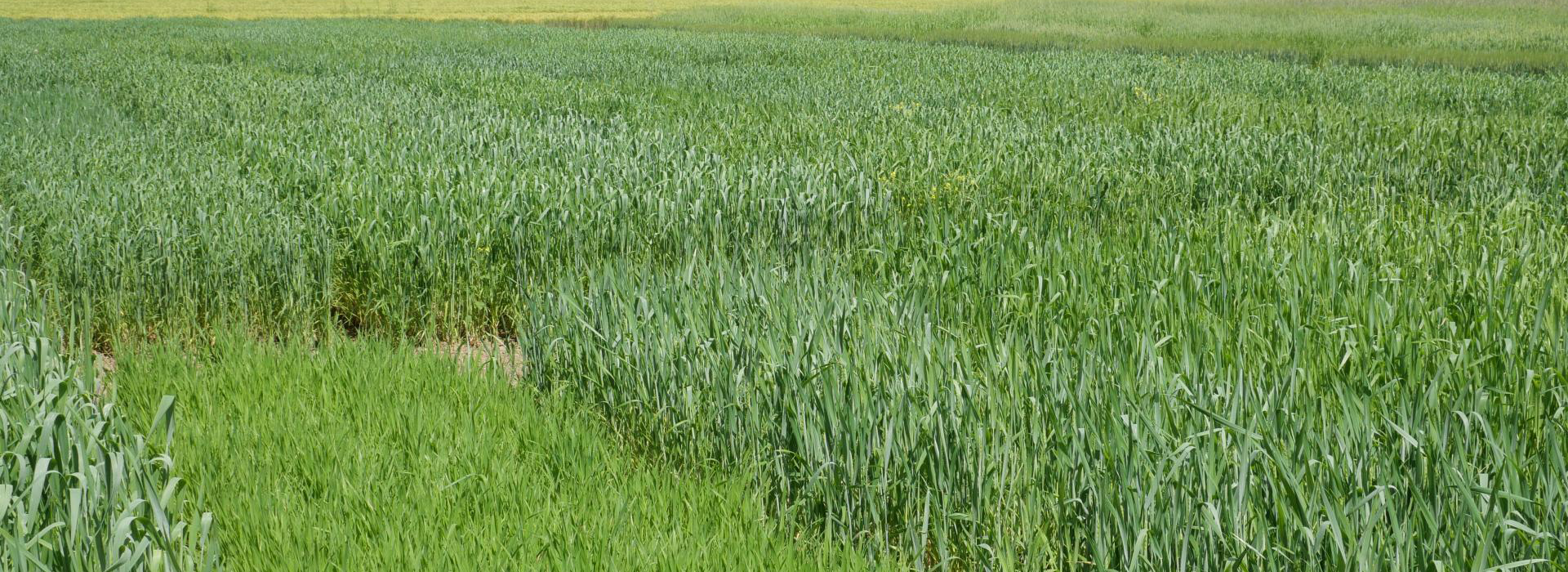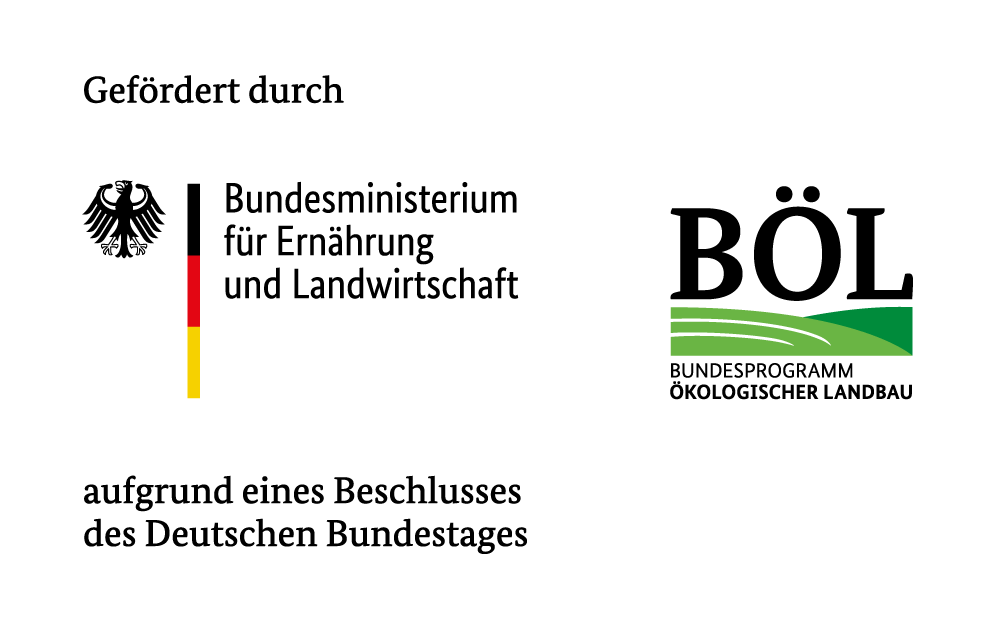ReBIOscover - Rediscovery of regional ancient grain varieties for the sustainable production of organic food
- Contact:
Prof. Dr. Katharina Scherf
- Project Group:
Nora Jahn, M.Sc.
Dr. Sabrina Geißlitz
- Funding:
BMEL, ptble, BÖLN, 2819OE021
- Partner:
Bavarian State Research Center for Agriculture (LfL)
Kompetenzzentrum für Ernährung (KErn)
Technical University of Munich, TUM School of Management, Chair of Marketing and Consumer Research
- Startdate:
01 January 2021
- Enddate:
30 June 2024

The consumption of cereals is one of the most important sources of nutrients for the population worldwide. The intake of dietary fibre from wheat or rye wholemeal products is associated with a decreased risk for diabetes type 2, cardiovascular diseases and colon cancer as well as with improved weight management. Due to the increasingly controversial debate, especially in social media, around wheat-associated health risks, about 20 % of Germans try to avoid gluten, at least partially, although more than 80 % of these individuals do not have a clear diagnosis of any intolerance. Many of these consumers also say that they tolerate traditional artisanal baked goods (natural) better compared to common white bread. However, the components that are responsible for this feeling have not been identified so far.
The central hypothesis of this debate is that industrially made cereal products contain more immunoreactive and fewer nutritionally positive components than organic cereal products that have been manufactured in traditional ways. The two main reasons may be that a) modern wheat cultivars have a different composition of nutrients compared to landraces that have not been bred and that b) the manufacturing procedures have changed from the grains to the final product.
Against this background, the main aim of the project is to promote the use of landraces (wheat, rye and barley) grown under organic conditions, because they have positive agronomic characteristics and can be used to manufacture artisanal organic foods with improved technological, functional, sensory and nutritional properties. Therefore, these organic specialty foods address consumer demands for regional and healthy products. Custom-made communication strategies will be developed to transfer the results from this project to different target groups and disseminate them along the whole value chain.
Check out the Ludwig-Demling media award-winning documentary that inspired this project: BR DokThema: Weizen im Visier - Lebensmittel oder Krankmacher? (Focus on wheat - food or foe?)
Sustainable nutrition: Old landraces for healthy cereal products - Press release 057/2021 (in German)
„Das Rätsel des schwer verdaulichen Brotes“ – Das Forschungsprojekt „ReBIOscover“ des KIT sucht nach Ursachen der Glutenunverträglichkeit - Campus-Report August 2021 (in German)

